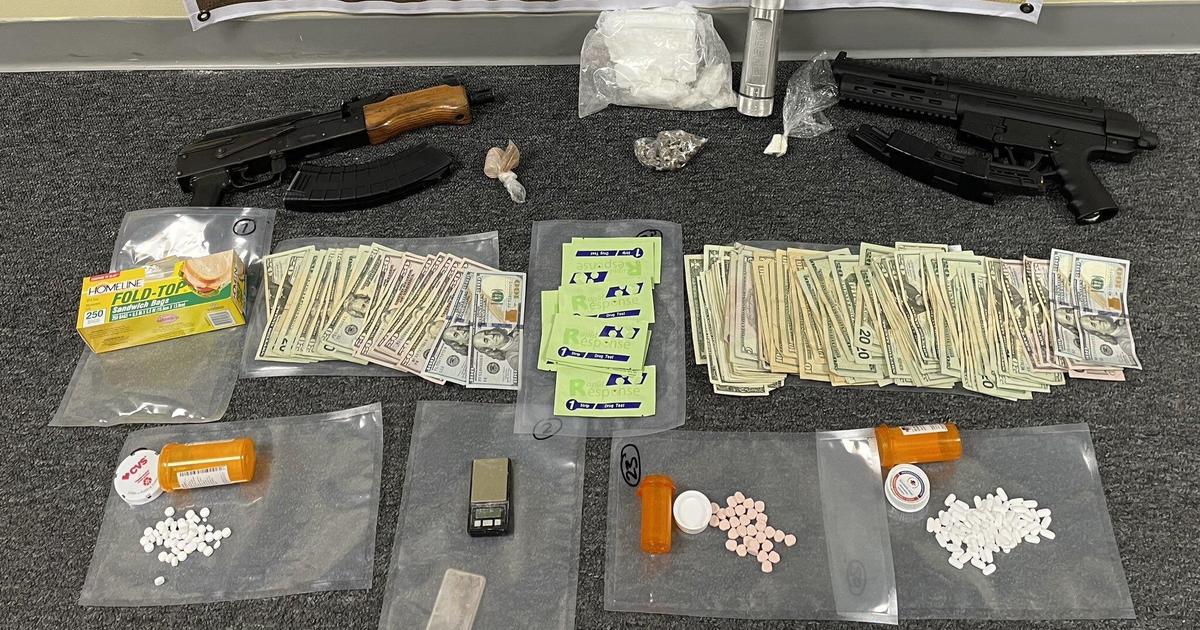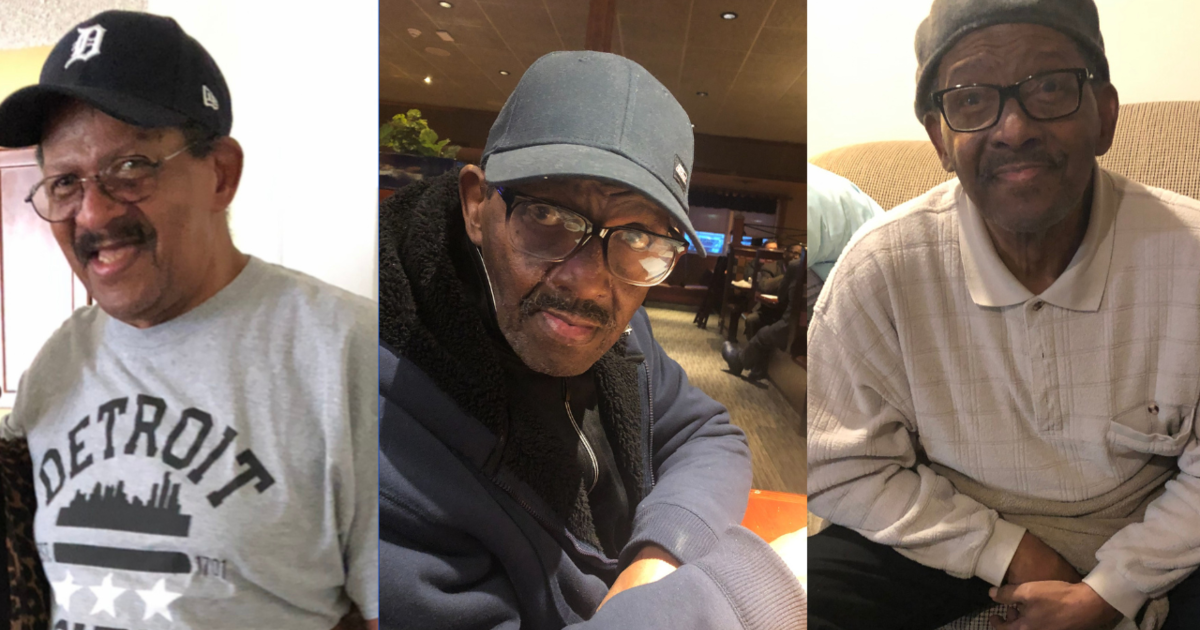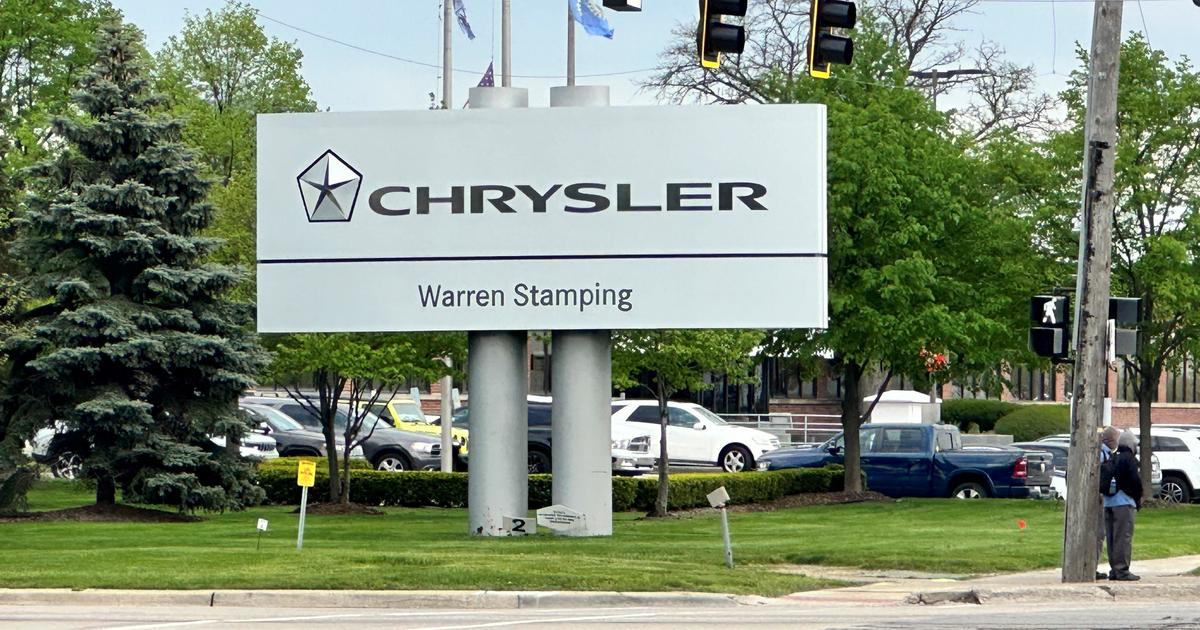How Old Is Your Heart And Who Can You Trust To Fix It?
DETROIT (WWJ) - An investigation by Consumer Reports Health (CRH) reveals that the practice of healing hearts has become a money-making machine that too often favors profits over science. The report shines a light on excessive testing and overtreatment, taking special note of the overuse of angioplasty.
The marketing of high-tech cardiac screening is pervasive, says the report, and is being promoted by some hospitals, medical centers, and other groups to cash in on consumers' fears. Baby boomers are turning 60 and heart disease remains the top killer of U.S. adults, so it's no wonder that Americans are concerned about their aging hearts.
"Consumers should be on guard because of the potential for exploitation," John Santa, M.D., M. P.H., director of the CRH Ratings Center, said in a release.
"Americans are rightly concerned about their heart health but they're being inundated with confusing and often misleading messages from marketers trying to cash in on their fears. Consumers should be skeptical of any advertising or promotion they receive from organizations or individuals who are providing heart tests or treatments."
Too many tests are being administered to healthy people. A recent survey by CRH found that nearly half of people without heart risk factors or symptoms reported undergoing a heart-specific screening test such as an electrocardiogram, exercise stress test, or ultrasound of carotid arteries, even though such tests aren't recommended for healthy people.
Inappropriate tests can in turn lead to unnecessary treatments such as angioplasty, an invasive procedure to clear blockages in the coronary arteries when dietary changes and exercise, plus drugs, would be just as effective and much safer.
"We're seeing hospitals and heart centers in the United States pursuing a 'mass marketing' approach to angioplasty," Santa said. "It can be a lifesaving approach in the midst of a heart attack but can be risky and not effective in people without significant symptoms."
The push to overtest and overtreat heart disease, explains the report, stems in part from outdated notions of the disease as a kind of plumbing problem. Doctors would often test for blockages and then clear them with angioplasty.
"Medicine doesn't change quickly or easily," Steven Nissen, M.D., chairman of the department of cardiovascular medicine at the Cleveland Clinic, said in a release. He says the health-care system isn't helping because it tends to favor expensive procedures.
"Physicians are reimbursed far more for a 20-minute angioplasty than an hour-long discussion. Those financial incentives inevitably drive clinical decisions. That's why patients have to do their own due diligence to get the best care," Nissen said.
If testing reveals blockages, angioplasty or bypass surgery might be warranted. But even then, a patient should weigh his or her options, and possibly seek a second opinion. If you're a patient with heart disease and you need a cardiac surgeon, says Santa, there is reliable data to draw on.
CRH has created several new tools to help consumers make informed decisions about cardiac care including raitings for heart surgeons, raitings for heart screenings and a heart-risk calculator. For more information, visit consumerreports.org.



